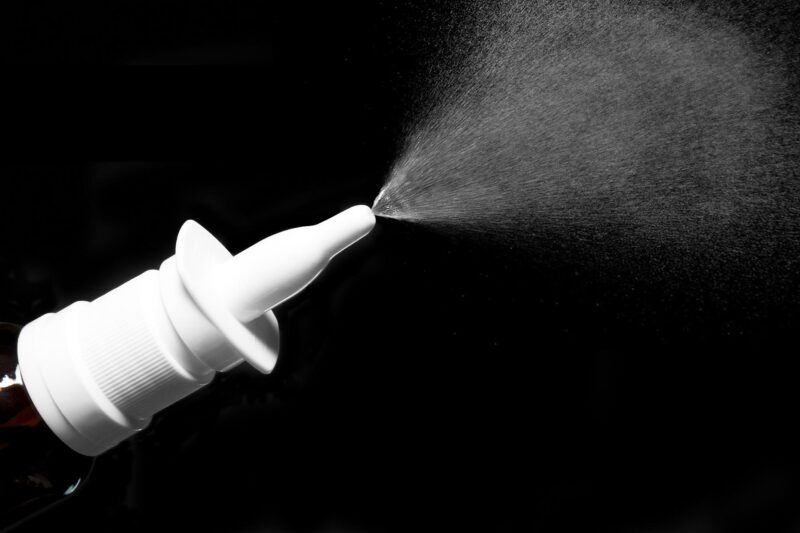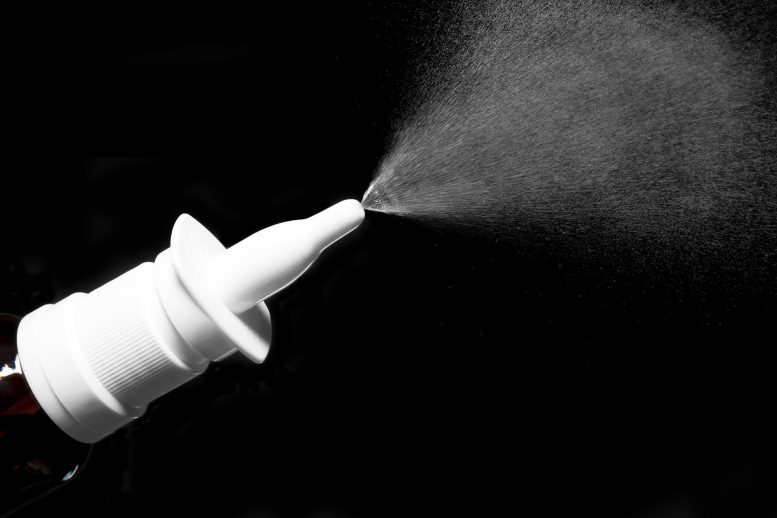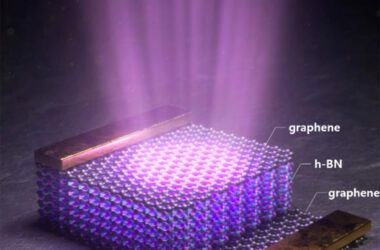Une molécule développée par des chercheurs de l’Université d’Helsinki peut inactiver la protéine de pointe du coronavirus et offre une protection efficace à court terme contre le virus.
Les cultures cellulaires et les études sur les animaux montrent que TriSb92, une nouvelle molécule développée par les chercheurs, protège contre l’infection par le coronavirus pendant au moins huit heures, même en cas de risque d’exposition élevé. Contrairement à la protection vaccinale, l’effet du TriSb92 commence immédiatement après son administration.
“Dans les modèles animaux, le TriSb92 administré par voie nasale a offert une protection contre l’infection dans une situation d’exposition où toutes les souris non protégées ont été infectées”, explique la chercheuse postdoctorale Anna Mäkelä, premier auteur de l’étude.
Cibler le talon d’Achille du coronavirus
La molécule TriSb92 est basée sur une solution technique entièrement nouvelle mise au point en Finlande pour le ciblage des médicaments biologiques. Dans l’étude menée à l’Université d’Helsinki, cette solution a été utilisée pour inhiber le fonctionnement de la protéine spike à la surface du SARS-CoV-2 virus.
“Targeting this inhibitory effect of the TriSb92 molecule to a site of the coronavirus spike protein common to all variants of the virus makes it possible to effectively inhibit the ability of all known variants, Omicron included, to infect people,” Mäkelä explains.
In model virus studies, TriSb92 was able to prevent even the spread of SARS, the virus that threatened us in the early 2000s.
“In other words, we can fairly confidently assume that future variants of SARS-CoV-2 and perhaps even entirely new coronaviruses that may threaten to cause pandemics are susceptible to it,” Mäkelä confirms.
The product, which is nasally administered, could in the future serve as a kind of biological protection against coronavirus infection that is sprayed on the mucous membranes.
Vaccines still needed
Mäkelä works in Professor Kalle Saksela’s laboratory at the University of Helsinki. Saksela is involved in the development of a Finnish nasally administered coronavirus vaccine, which is expected to progress to clinical trials in the spring. Mäkelä and Saksela emphasize that, instead of competing with them, TriSb92 is a solution that supplements vaccines.
“These types of molecules that prevent infections, or antiviral drugs for that matter, cannot substitute for vaccines in protecting the population against the coronavirus disease,” Saksela points out.
However, there is a great need for novel means with which to enhance the protection provided by vaccines.
“Individuals whose immune system does not respond strongly enough to vaccines spring to mind in particular. Having said that, we know that new variants, especially Omicron, are capable of circumventing even effective vaccine responses worryingly well. Taken before any kind of social interaction, TriSb92 could be useful to people whose vaccine protection is insufficient for one reason or another. Depending on the epidemic situation, it could also benefit fully vaccinated individuals when administered before any situation associated with a high risk of exposure,” Saksela assesses.
Reference: “Intranasal inhibitor blocks omicron and other variants of SARS-CoV-2” by Anna R. Mäkelä, Hasan Uğurlu, Liina Hannula, Petja Salminen, Ravi Kant, Riku Fagerlund, Anu Haveri, Tomas Strandin, Lauri Kareinen, Jussi Hepojoki, Lev Levanov, Arja Pasternack, Rauno A. Naves, Olli Ritvos, Pamela Österlund, Tarja Sironen, Olli Vapalahti, Anja Kipar, Juha T. Huiskonen, Ilona Rissanen and Kalle Saksela, 28 December 2021, Biological Sciences.
DOI: 10.21203/rs.3.rs-1196079/v1




